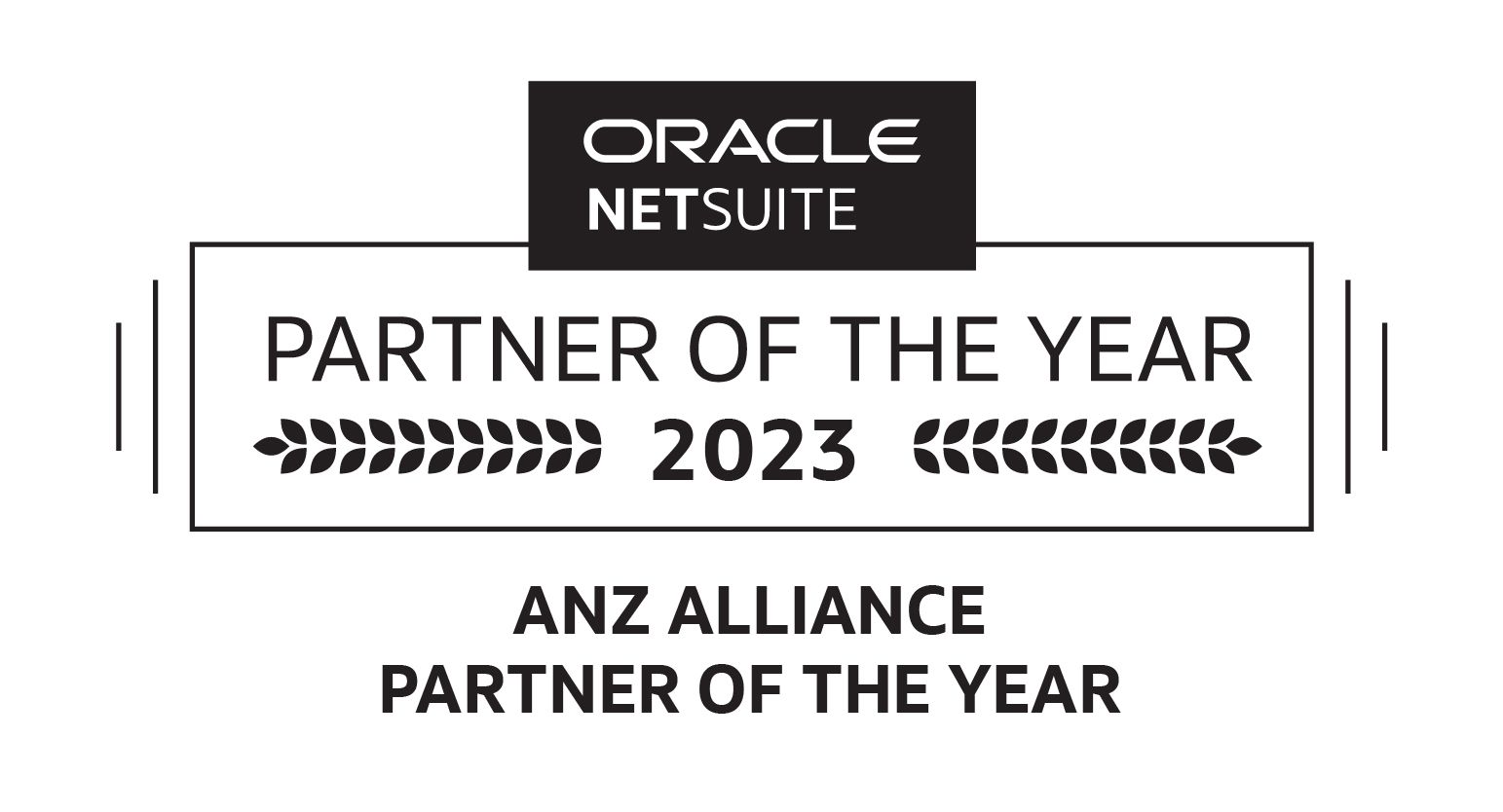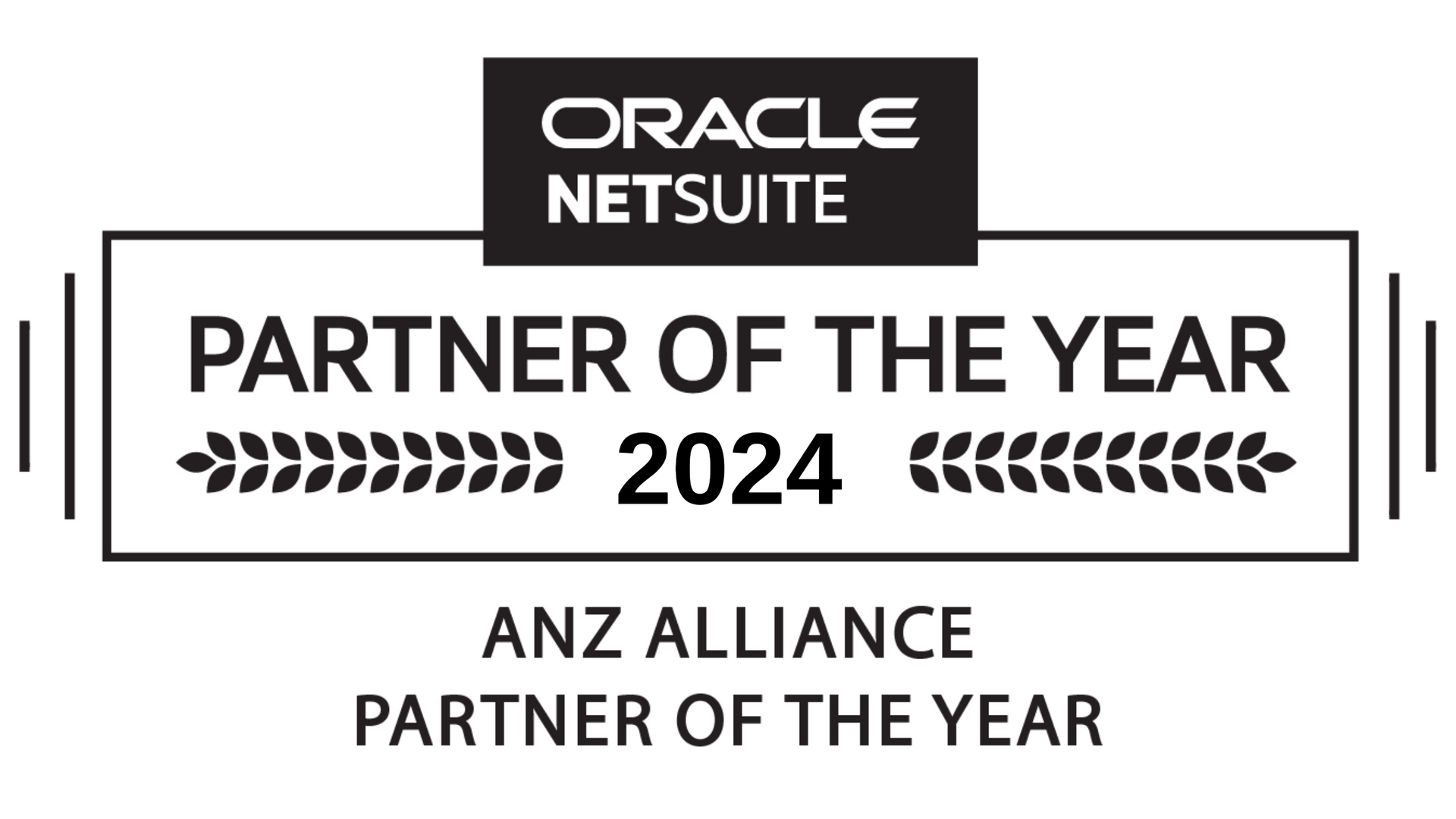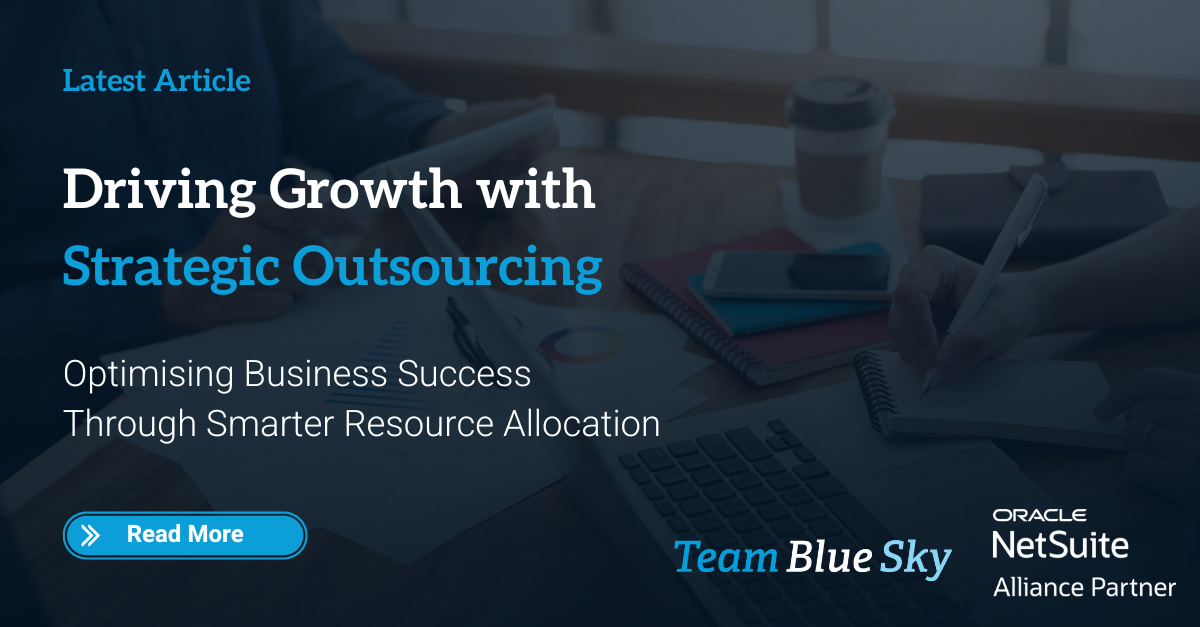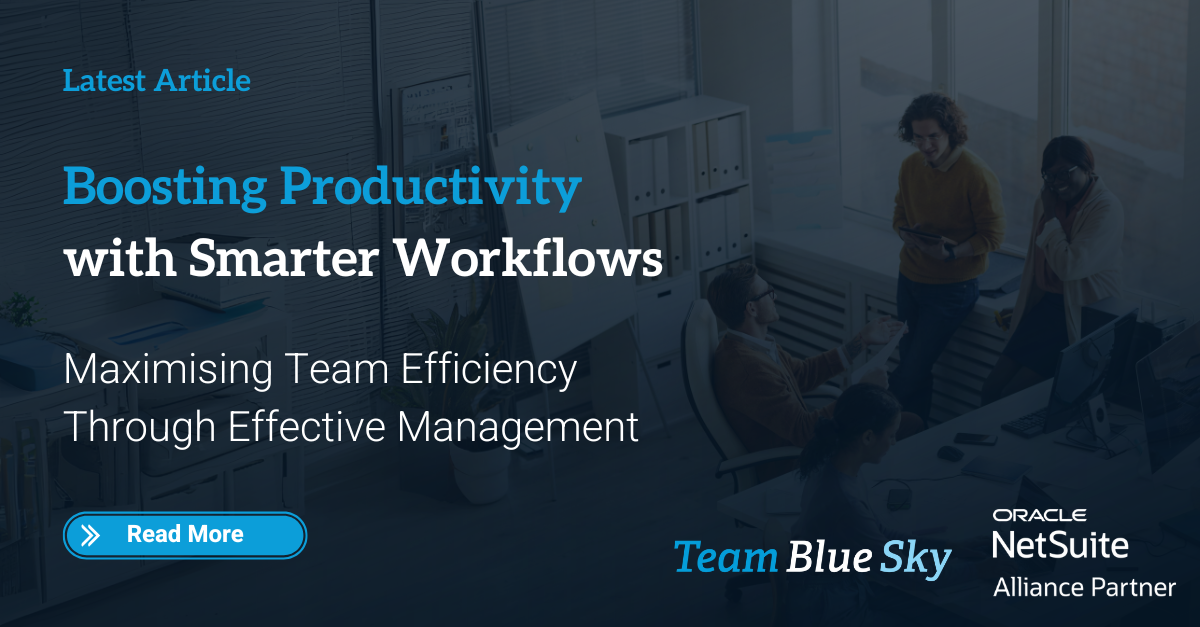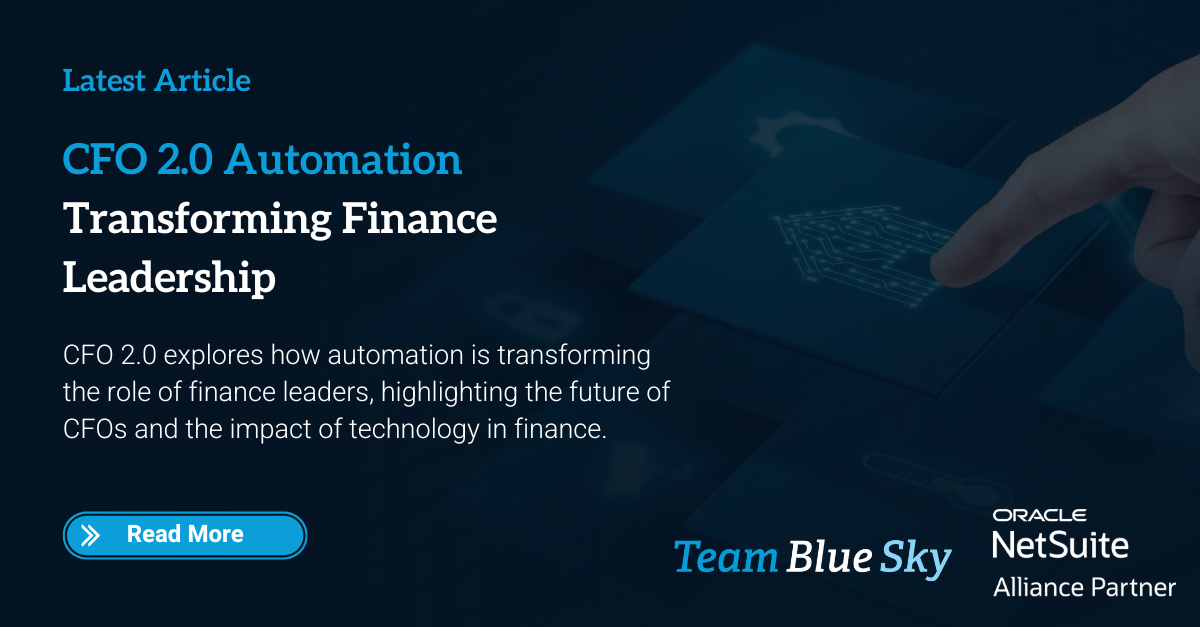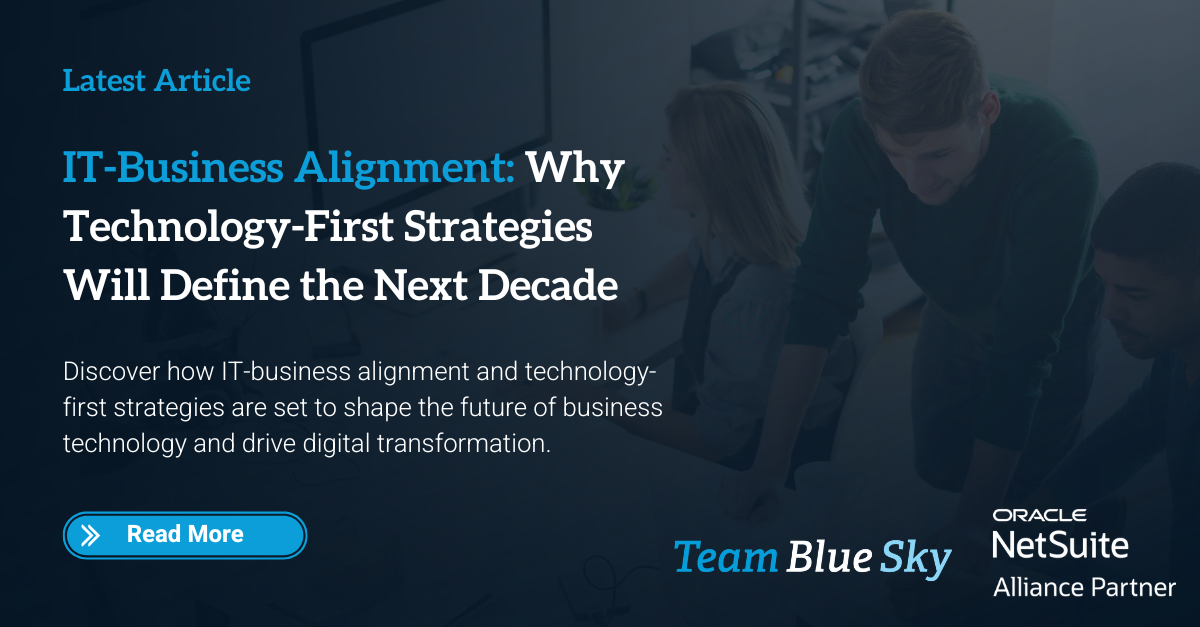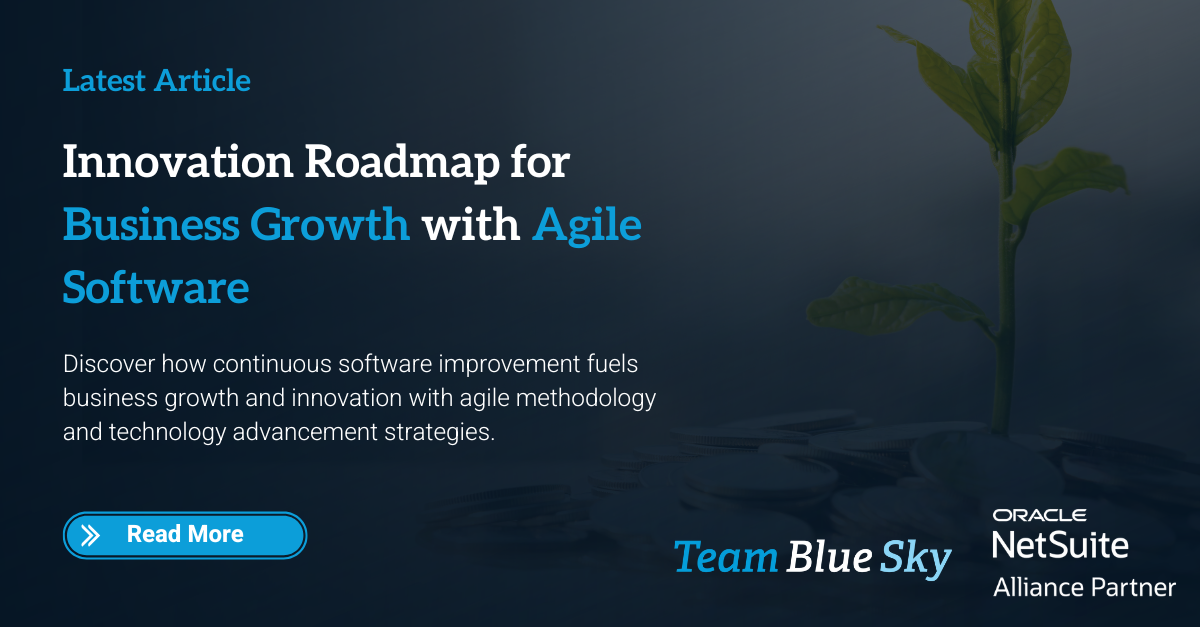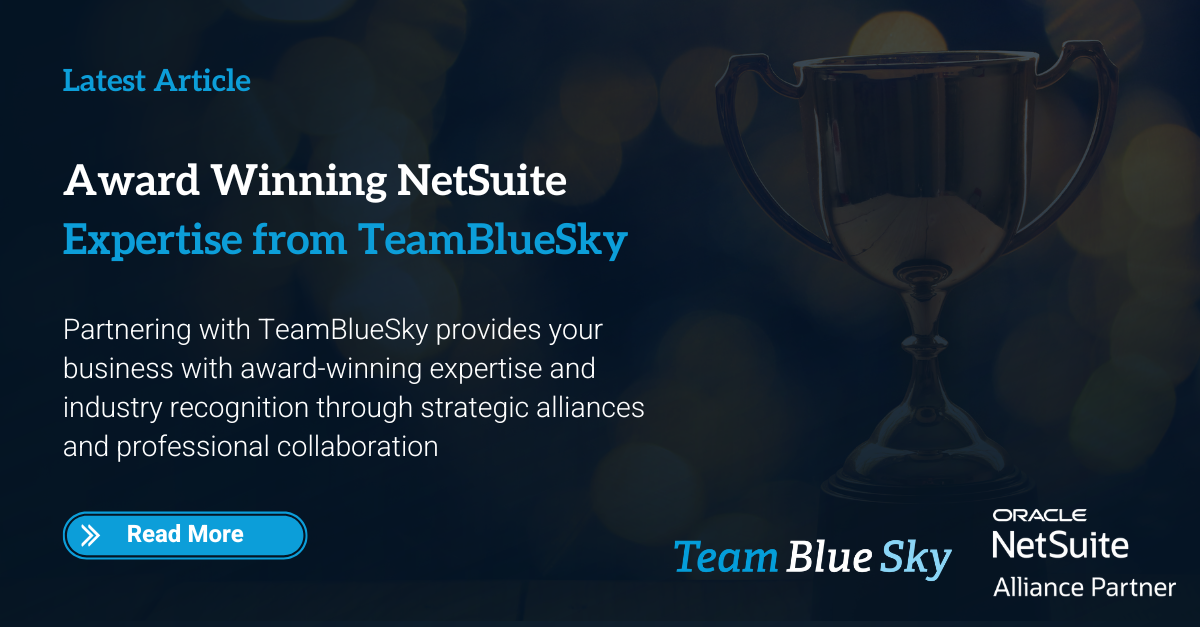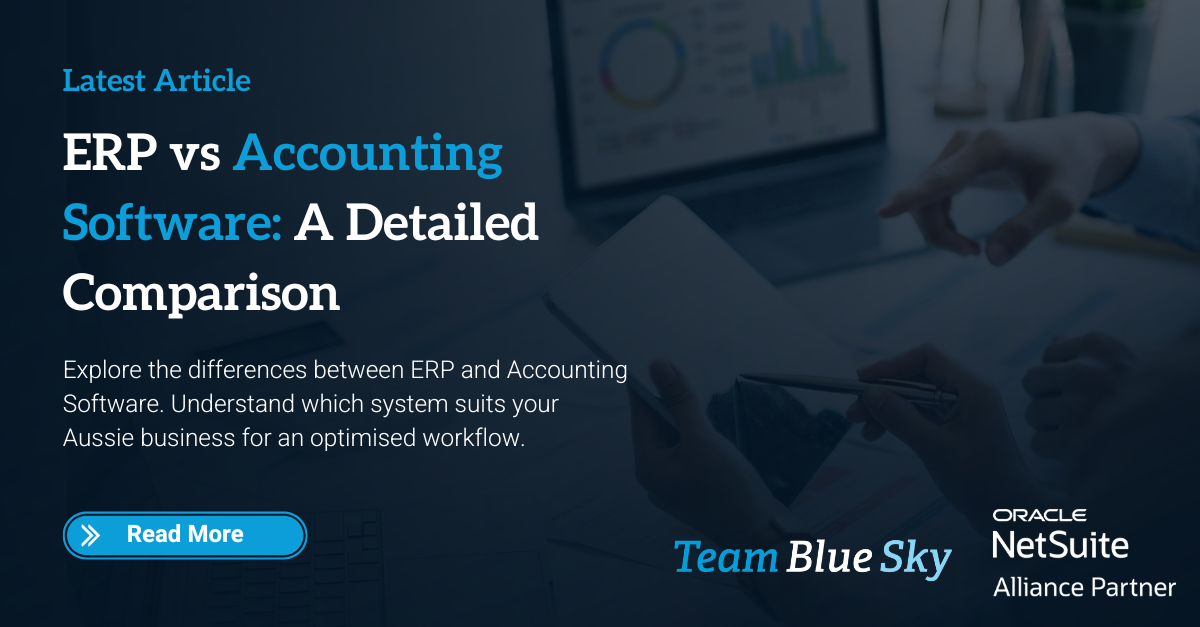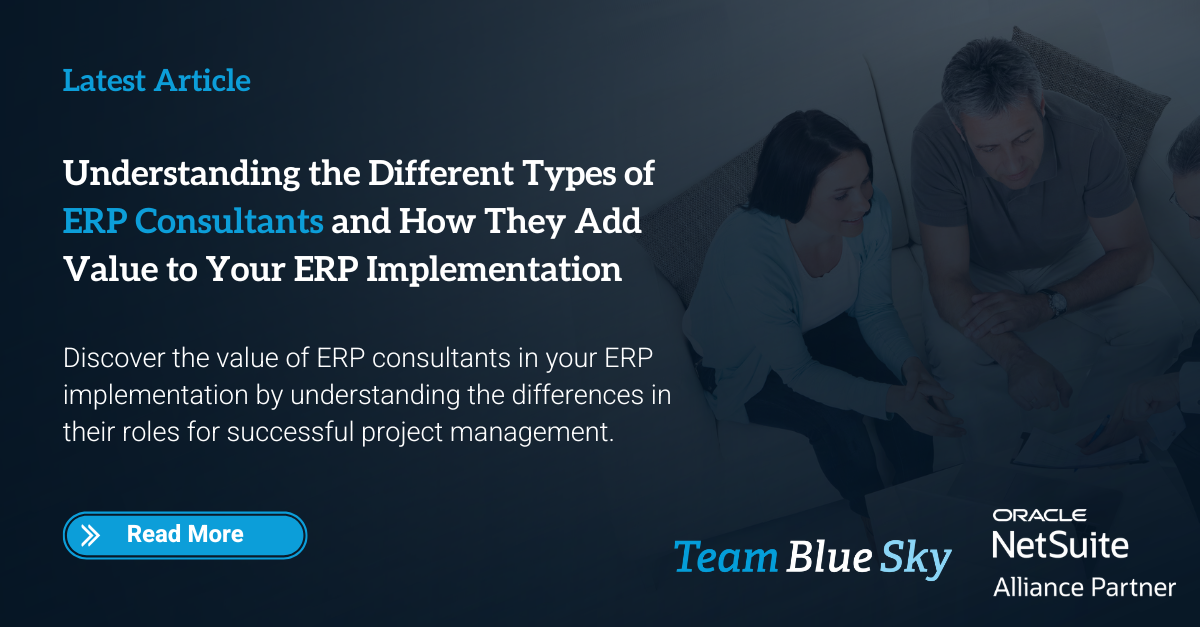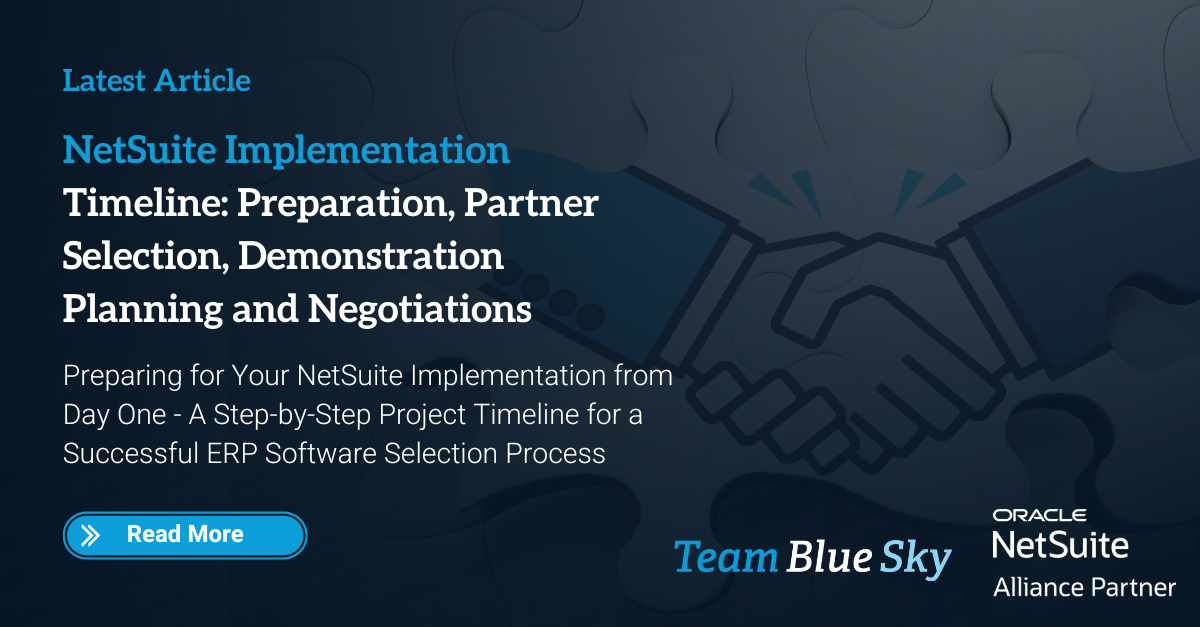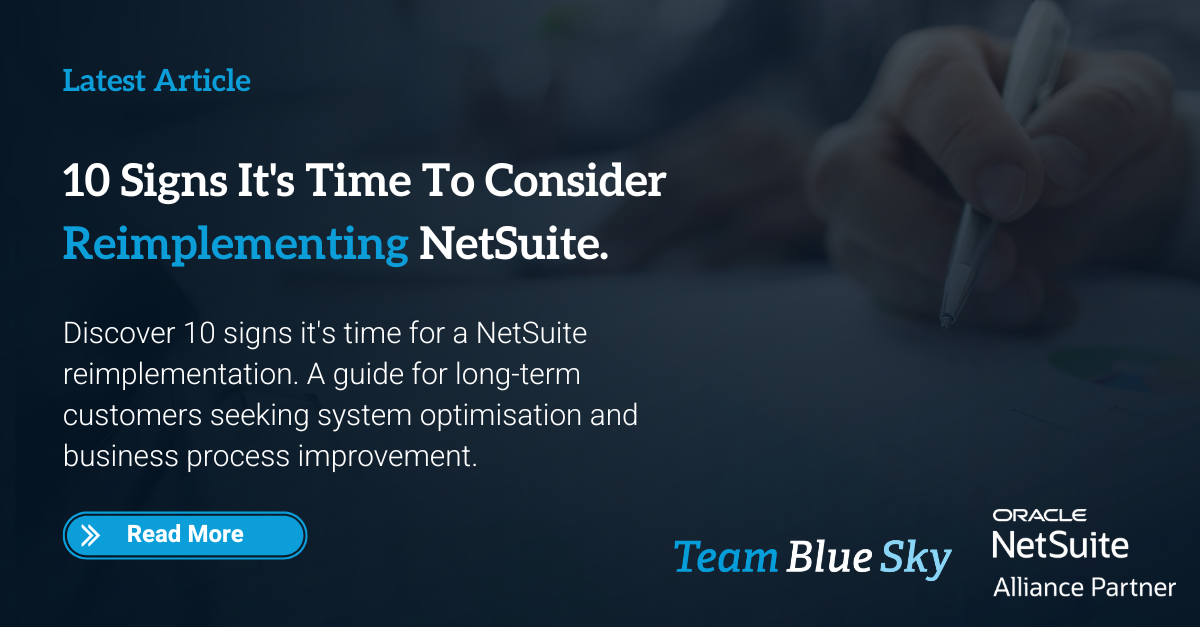How Making Data Accessible Empowers Teams and Improves Organisational Intelligence
The relationship between data accessibility and team performance represents a crucial yet often overlooked aspect of organisational success. When teams have direct access to relevant data, they become more invested in their objectives, make better-informed decisions and contribute more meaningfully to collective goals. This shift from treating data as a protected resource to viewing it as a shared asset transforms how teams operate, collaborate and drive organisational success through informed action and shared understanding.
Understanding Team Data Needs
Data from the The Team Perspective
Teams approach organisational data with distinct needs, expectations and levels of data literacy that help shape their ability to engage meaningfully with available information. Some teams require detailed operational metrics, while others need broader strategic insights to guide their planning and execution. These varying needs reflect different responsibilities, priorities and contributions to organisational success. Understanding these diverse perspectives helps create data access frameworks that serve all teams effectively while maintaining appropriate security and privacy standards.
Value Creation Through Open Data Access
When teams can readily access and understand organisational data, they become more capable of identifying opportunities, solving problems and contributing to strategic discussions. This enhanced capability stems from their unique position at the intersection of organisational knowledge and practical experience. Teams who understand both the data and its real-world context often spot patterns and possibilities that might escape notice in traditional top-down analysis. Their insights, grounded in collective experience and supported by accessible data, frequently lead to practical innovations and improvements in organisational processes.
Building Team Data Literacy
Data literacy within teams begins with helping group members grasp basic concepts about data interpretation and application within their specific context. Rather than focusing solely on technical skills, effective data literacy programmes emphasise practical understanding and real-world relevance. This approach helps teams connect data to their daily activities and decision-making processes, making the learning immediately applicable and valuable. Creating this foundation requires patience, clear communication and recognition that different teams will progress at different rates based on their starting points and needs.
Teaching data literacy within the context of actual team challenges and opportunities helps groups develop practical skills they can apply immediately. This approach moves beyond abstract concepts to focus on real situations where data access and understanding make a tangible difference to team performance. Case studies drawn from the organisation's own experience prove particularly effective, as teams can relate directly to the scenarios and outcomes presented. Such contextual learning also helps teams understand how their collective data use contributes to broader organisational intelligence.
Building Trust Through Transparency
Open Communication Breaking Down Barriers
Data accessibility fosters open communication within and between teams by providing a common foundation for dialogue. When all team members have access to the same information, they can engage in more meaningful discussions about performance, challenges, and opportunities. This transparency helps build trust among team members and between teams and leadership. Teams that operate with data transparency tend to develop stronger working relationships and more effective collaboration patterns.
Shared Accountability Business Wide
Access to data creates natural accountability within teams as members can see the direct results of their efforts and decisions. This visibility helps teams take ownership of their performance and fosters a sense of shared responsibility for outcomes. When teams can track their progress and impact through accessible data, they become more invested in achieving their objectives and supporting organisational goals. This shared accountability often leads to improved team performance and more consistent results.
Practical Applications of Open Data Policies
Project Planning and Execution
Data accessibility transforms how teams approach project planning and execution by providing clear insights into past performance and current capabilities. Teams can draw upon historical data to create more accurate timelines, resource allocations, and risk assessments for new projects. This evidence-based approach to project planning helps teams avoid common pitfalls and set more realistic expectations. Additionally, ongoing access to project data enables teams to make informed adjustments throughout the execution phase, improving the likelihood of successful outcomes.
Resource Optimisation
Teams with access to comprehensive data develop a deeper understanding of resource utilisation patterns and opportunities for optimisation. This insight enables more efficient allocation of both human and material resources across projects and initiatives. Teams can identify underutilised resources, anticipate bottlenecks, and make proactive adjustments to improve overall efficiency. The ability to track resource usage patterns also helps teams justify requests for additional resources when needed, based on concrete data rather than subjective assessments.
Performance Analysis
Accessible data enables teams to conduct more thorough and objective analyses of their performance over time. Teams can identify patterns in their successes and challenges, leading to more targeted improvements in their processes and approaches. This analytical capability helps teams develop a more nuanced understanding of their strengths and areas for improvement, fostering a culture of continuous learning and development. Regular performance analysis based on accessible data also helps teams maintain accountability and track progress toward their goals more effectively.
Overcoming Data Access Challenges
Data Quality and Consistency
Maintaining high-quality, consistent data across team activities requires ongoing attention and effort from all team members. Teams must establish clear standards for data entry, update procedures, and quality control measures to ensure the reliability of their shared information. This commitment to data quality becomes particularly important as teams rely more heavily on shared data for decision-making and planning. Regular audits and updates help maintain data integrity and ensure teams can trust the information they access.
Balancing Access with Security
Teams must navigate the delicate balance between making data readily accessible and maintaining appropriate security measures. This balance requires careful consideration of access levels, security protocols, and data handling procedures that protect sensitive information while enabling necessary team access. Clear guidelines and training help teams understand their responsibilities regarding data security and appropriate usage. Regular reviews of access patterns and security measures ensure this balance remains appropriate as team needs and organisational requirements evolve.
Supporting Team Development
As teams become more data-enabled, they require ongoing support to develop their capabilities and confidence in working with data. This support includes both formal training opportunities and informal mentoring to help team members build their data literacy and analytical skills. Recognition of team members who effectively use data to drive improvements helps reinforce the value of these capabilities. Creating opportunities for teams to share their experiences and best practices with data usage helps spread knowledge and build collective expertise across the organisation.
Long-Term Benefits
Organisational Resilience
Teams with strong data capabilities contribute significantly to organisational resilience by providing better-informed perspectives on challenges and opportunities. Their ability to quickly analyse situations and identify potential solutions helps organisations respond more effectively to changing circumstances. Data-enabled teams typically demonstrate greater adaptability and resourcefulness in facing new challenges, drawing on their experience with data analysis to evaluate options and make sound decisions. This enhanced problem-solving capability strengthens the organisation's overall ability to navigate complexity and change.
Cultural Excellence
The presence of data-enabled teams helps foster a culture of excellence characterised by informed decision-making, continuous improvement, and evidence-based practice. This cultural shift extends beyond individual teams to influence how the entire organisation approaches challenges and opportunities. Teams that successfully integrate data into their operations often become role models for others, demonstrating the benefits of data-driven approaches and helping spread best practices throughout the organisation. The resulting culture of excellence supports sustained high performance and ongoing organisational development.
Continuous Growth
Data-enabled teams contribute to organisational growth through their enhanced ability to identify and capitalise on opportunities. Their systematic approach to analysing performance and outcomes helps identify areas for improvement and expansion. Teams can use their data capabilities to evaluate new initiatives more effectively and make better-informed decisions about resource allocation and strategic investments. This capability for informed growth supports sustainable organisational development and helps ensure that growth initiatives are well-grounded in evidence and analysis.
Final Thoughts
Making data accessible to teams represents a fundamental shift in how organisations approach information sharing and collective intelligence. When teams have the data they need to make informed decisions, they become more effective, collaborative, and invested in organisational success. The key lies in understanding team needs, providing relevant and timely access to data, and supporting the development of data literacy across the organisation.
Success in this area requires ongoing commitment to transparency, support for team learning and recognition of the value that informed teams bring to organisational intelligence. By making data accessible and empowering teams to use it effectively, organisations can unlock new levels of performance, innovation, and collaborative success. This investment in team data accessibility pays dividends through improved decision-making, stronger cross-team collaboration, and more resilient organisational intelligence.

Henry Sack
General Manager

With over 12 years of experience as a NetSuite implementation consultant, Henry Sack leads TeamBlueSky’s team of NetSuite and accounting experts in his role of General Manager.
TeamBlueSky is a leading Australian
NetSuite Alliance Partner whose mission is to provide critical
NetSuite BPO and
Payroll services to NetSuite clients who are wanting to simplify their
back office processes and partner with a leading
NetSuite administration expert.
TeamBlueSky have also partnered with global Suite Developer Network partners to offer local solutioning, implementation and support services for global NetSuite SuiteApps.


